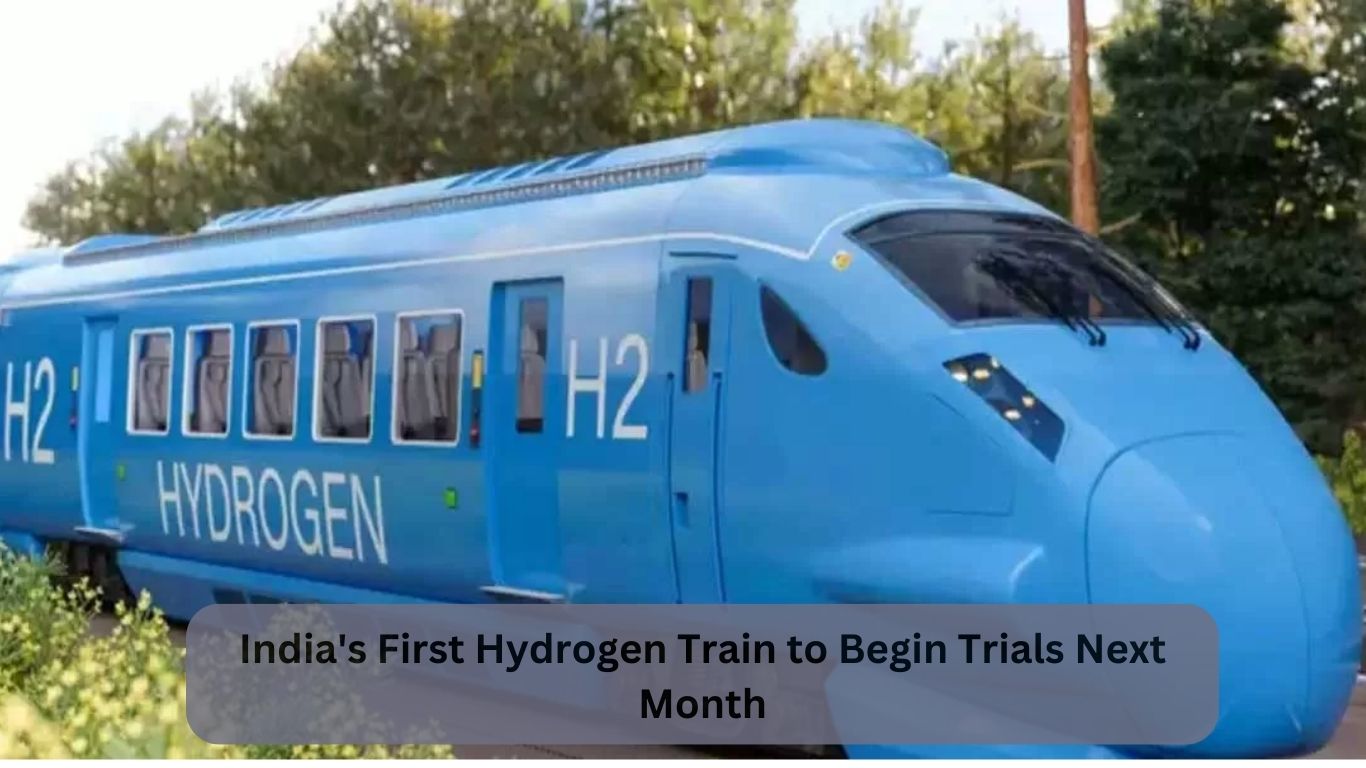In the 21st century, rapid urbanization presents both incredible opportunities and daunting challenges. As global populations gravitate towards cities, an estimated 68% of people will reside in urban areas by 2050. This demographic shift calls for innovative solutions to address problems such as congestion, pollution, resource management, and the need for enhanced public services. Enter the concept of smart cities, where cutting-edge technology, particularly artificial intelligence (AI), plays a pivotal role in transforming urban living.
The Smart City Concept
A smart city leverages technology and data to improve the quality of life for its residents while promoting sustainability and efficiency. This concept incorporates a range of technologies, including the Internet of Things (IoT), big data analytics, and, critically, AI. By integrating these technologies, smart cities aim to create interconnected urban environments that respond dynamically to changing conditions and citizen needs.
AI stands out as a cornerstone of this urban revolution. Its ability to analyze vast amounts of data in real-time and provide actionable insights enables cities to optimize their operations and enhance decision-making.
AI Applications in Smart Cities
-
Traffic Management and Transportation:
One of the most visible applications of AI in smart cities is traffic management. Traditional traffic systems often struggle to respond to real-time conditions. However, AI-powered systems can analyze data from various sources, including traffic cameras, sensors, and GPS data, to optimize traffic flow. This capability reduces congestion, lowers travel times, and minimizes emissions. Additionally, AI can facilitate smart public transportation systems, ensuring timely services that adapt to passenger demands. -
Energy Management:
Energy efficiency is crucial for sustainable urban living. AI helps manage energy consumption in buildings and public infrastructure by predicting demand patterns and optimizing resource allocation. Smart grids, enhanced by AI, can balance energy distribution, integrating renewable energy sources effectively and reducing reliance on fossil fuels. For instance, AI algorithms can analyze weather forecasts to adjust energy usage in real time, ensuring smart buildings use energy efficiently based on current conditions. -
Waste Management:
Efficient waste management is a pressing challenge for cities worldwide. AI-driven solutions can optimize waste collection routes and schedules, reducing operational costs and carbon footprints. Sensors placed in waste bins can alert collection services when they are full, ensuring timely pickups and minimizing overflow. Greater efficiency leads to cleaner cities and improved public health. -
Public Safety:
AI is transforming public safety through predictive policing and emergency response systems. By analyzing historical crime data, AI models can identify trends and predict potential criminal activity, allowing law enforcement to allocate resources effectively. AI systems can also expedite emergency response by analyzing real-time data from incident reports and public cameras, facilitating quicker and more coordinated responses. - Citizen Engagement:
A smart city is not just about technology—it’s also about connecting with citizens. AI-powered chatbots and virtual assistants enhance citizen engagement by providing instant responses to queries about city services. Moreover, platforms that analyze citizen feedback can guide city planning and service improvements, creating a more inclusive and responsive urban environment.
The Road Ahead
While the potential of AI-powered smart cities is vast, there are challenges to address. Privacy concerns, data security issues, and the digital divide are significant barriers to successful implementation. To build trust, cities must prioritize transparency and ethical considerations in AI deployment, ensuring that the technology serves all residents equitably.
Interdisciplinary collaboration is also essential. Urban planners, technologists, data scientists, and citizens must all contribute to realizing the smart city vision. Public-private partnerships can foster innovation, leveraging resources and expertise from various sectors to create sustainable urban solutions.
Conclusion
The urban landscape is undergoing a profound transformation, driven by the integration of AI into city planning and management. Smart cities represent a forward-thinking approach to tackling the multifaceted challenges of urbanization, enhancing the quality of life for residents while promoting sustainability. As cities continue to evolve, it is clear that AI will play an instrumental role in shaping the urban experiences of tomorrow. By embracing this technology thoughtfully and inclusively, we can pave the way for future cities that are not only smarter but also more livable and resilient.















